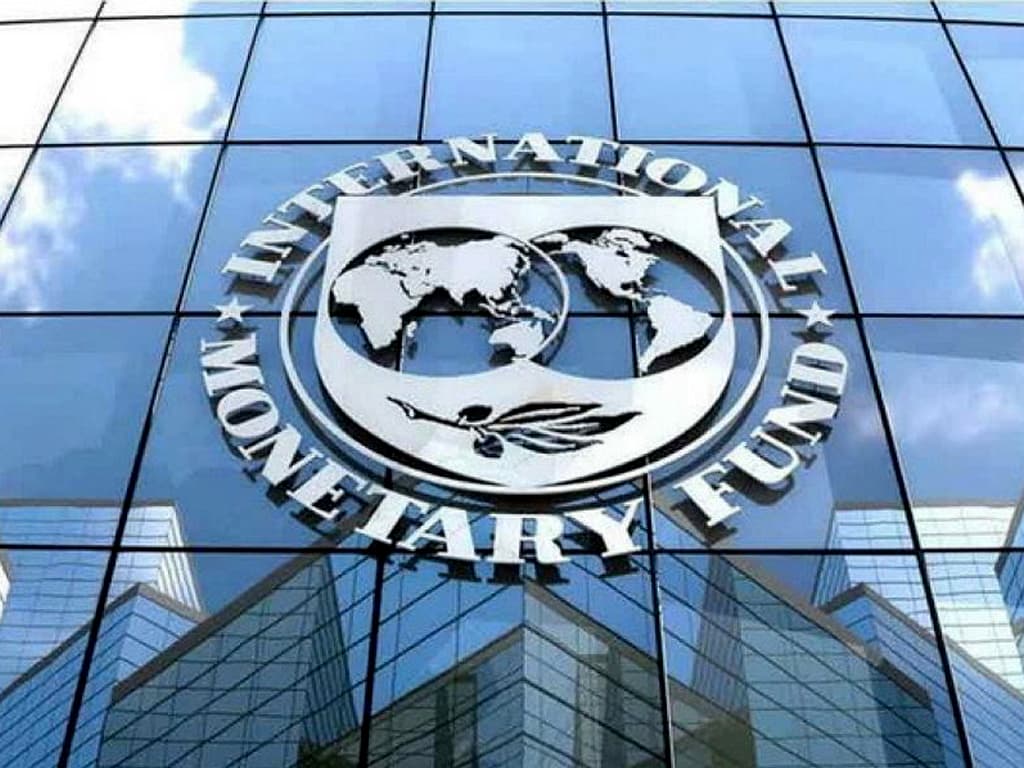The International Monetary Fund (IMF) staff team and Ghanaian officials have reached an agreement on the fourth review of Ghana’s economic reforms to enable the disbursement of an additional 370 million U.S. dollars in fund support for the country’s ongoing reforms.
Stéphane Roudet, leader of the IMF staff team, announced this at a joint press briefing with the Ghanaian government and the central bank on Tuesday at the end of the team’s visit to the West African cocoa, gold, and crude oil producing country.
Roudet expressed satisfaction about Ghana’s performance in the external sector and economic growth under the 36-month Extended Credit Facility (ECF) program.
“The external sector has seen a considerable improvement, driven by solid exports, particularly gold and, to a lesser extent, oil, and higher remittances. As a result, international reserves accumulation has far exceeded the ECF-supported program targets,” the IMF official noted.
Moreover, he said, “Growth in 2024 was also higher than expected, underpinned by strong mining and construction activity.”
Despite the encouraging performance in economic growth and the external sector, Roudet said Ghana’s overall performance under the program had deteriorated ahead of Dec. 2024, including high inflation.
Preliminary fiscal data point to slippages in the run-up to the 2024 general elections on account of a large accumulation of payables. Inflation exceeded program targets. Several reforms and policy actions were delayed across the fiscal, financial, and energy sectors, according to the IMF official.
Based on preliminary estimates of new payables, he said the primary balance posted a deficit of some 3¼ percent of GDP, compared to a targeted surplus of ½ percent of GDP.
He, however, lauded the new Ghanaian government for taking a raft of bold measures to address policy slippages and ensure the program objectives remain within reach.
Roudet was hopeful that the government’s planned audit of its books would reveal the causes of these fiscal slippages in 2023 and 2024.
The official said Ghana remained committed to completing its comprehensive public debt restructuring to restore sustainability.
He said the authorities were also pursuing good-faith efforts in reaching an agreement with other commercial creditors on a debt treatment that is in line with program parameters and the comparability of treatment principles.
Johnson Asiama, Governor of the Bank of Ghana, pledged the bank’s continued prudent monetary policy management to enable Ghana to achieve the targets under the IMF-backed reforms. “We shall stay the course and implement this program so that Ghana will achieve macroeconomic stability and accelerate the economic prosperity we have all been dreaming about,” Finance Minister Cassiel Ato Forson pledged.

